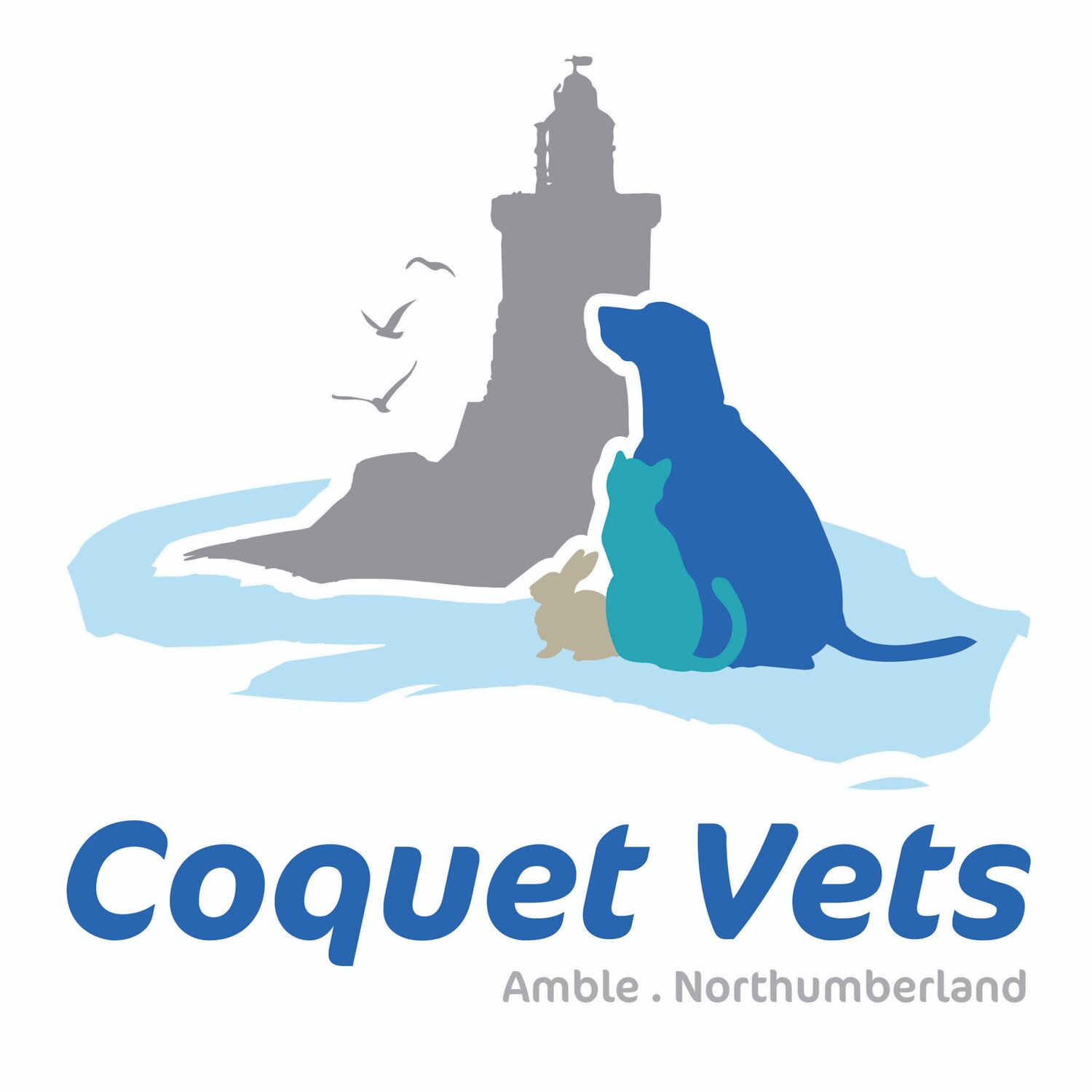Image: Julian Hanslmaier from Unsplash
Here in Northumberland, we are lucky to be surrounded by lots of countryside and coastal areas. This means we have a vast range of wildlife and farm life on our doorstep. Here are some tips to keep your pets safe around wildlife when enjoying our natural areas.
Be respectful and keep a safe distance from wildlife/farm life:
Keep dogs on a lead in areas where you are likely to encounter wildlife/livestock. Startled wildlife and territorial livestock (especially those with young) can cause serious injury to your pets. If you encounter injured wildlife, do keep your pets a safe distance from them too—even injured animals can kick and bite!
Keep your pet’s annual vaccinations up to date:
Wild animals can carry diseases that can be transmitted to your pet. This does not need to be from direct contact with a wild animal; an example is Leptospirosis, which can be carried in rat urine and transmitted to your pet via water from rivers and lakes. Keeping your pet’s vaccinations up to date is the best way to avoid disease transmission.
Keep your pet’s parasite treatment up to date:
Dense populations of wildlife in our local area leads to dense populations of parasites. Some of our local woodlands and grassy areas are a breeding ground for ticks. Wild animals and their excretions can also carry fleas, mites, and worms. Keeping your pet covered with a flea/tick/worm treatment combination can prevent your pet being affected by parasite infestations and associated diseases.
Neuter your outdoor cats:
We sadly have a large population of stray/feral cats in our area that can carry an array of diseases, some of which can be spread by mating. If you have a cat who goes outside, it is best to protect them from transmission of diseases by neutering them (and keeping vaccinations up to date). This also helps to lower the stray cat population.
If this article has raised any concerns, or you require any advice on vaccinations, parasite treatments, or neutering, please call us at Coquet Vets on 01665 252250.



